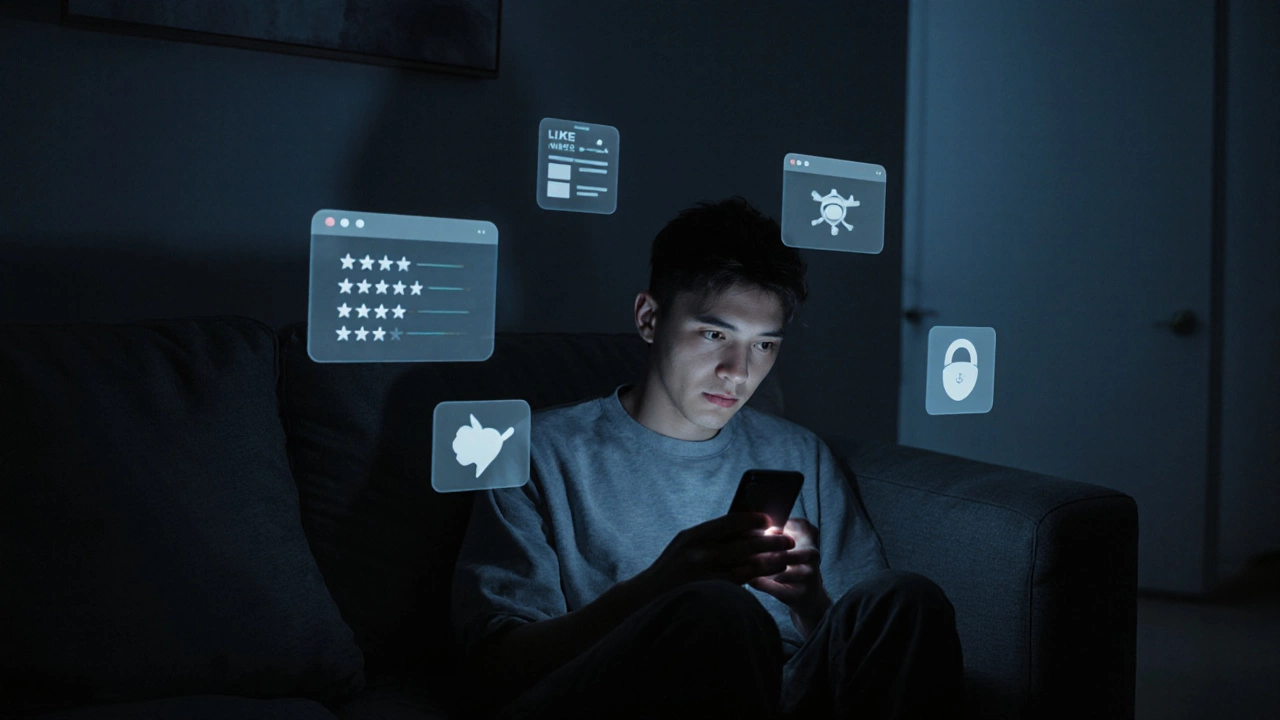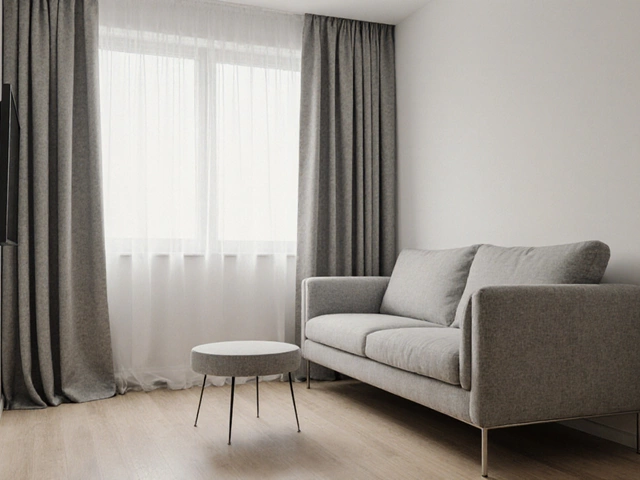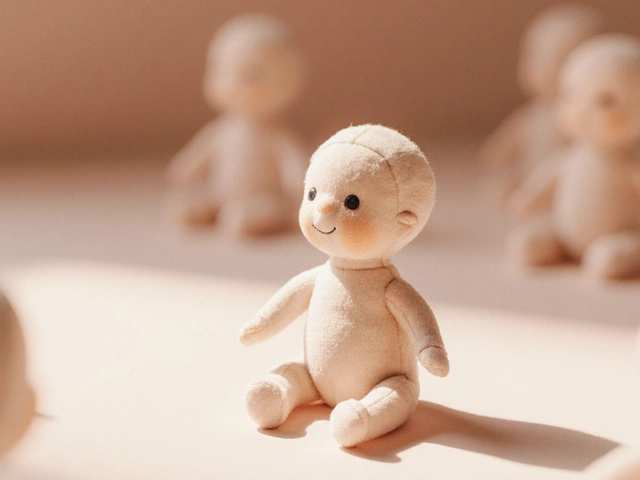Black Mirror doesn’t scare you with monsters or ghosts. It scares you because it’s already happening-just slower, quieter, and disguised as progress.
It shows you what you’re already doing
Every episode of Black Mirror feels like a mirror held up to your phone screen. You scroll through social media for hours. You rate your Uber driver. You let an algorithm decide what news you see. You post vacation photos to prove you’re happy. Black Mirror takes those habits and pushes them to their logical extreme. In ‘Nosedive’, people rate each other constantly, and your social score determines your housing, job, even who will talk to you. It’s not fantasy. It’s Instagram meets China’s Social Credit System, with a side of performative happiness.
That’s why it hits so hard. You don’t watch it and think, ‘That could never happen.’ You think, ‘I’ve done that.’
It makes technology feel personal, not abstract
Most sci-fi shows show robots taking over cities or AI ruling the galaxy. Black Mirror doesn’t need that. It shows you your smart speaker listening to your fights. It shows your child’s toy recording private conversations. It shows a man reliving his wife’s last moments through a brain implant. The horror isn’t in the scale-it’s in the intimacy.
Technology isn’t some distant force in Black Mirror. It’s your partner, your therapist, your child’s babysitter. It’s the thing you bought to make life easier, and now it’s watching you sleep.
The endings don’t offer escape
Traditional horror gives you a hero who wins. A final girl survives. The monster dies. Black Mirror rarely gives you that. In ‘The Entire History of You’, a man uses a device to replay every memory-and becomes obsessed with catching his wife’s betrayal. He doesn’t get justice. He doesn’t find peace. He destroys his marriage and sits alone, replaying the same moment over and over.
In ‘Hated in the Nation’, a viral hashtag leads to a swarm of robotic bees killing people. The show doesn’t end with the robots being shut down. It ends with the public shrugging and moving on. The real villain isn’t the machine. It’s the crowd.
There’s no reset button. No hero. No redemption. Just the quiet realization: we built this.
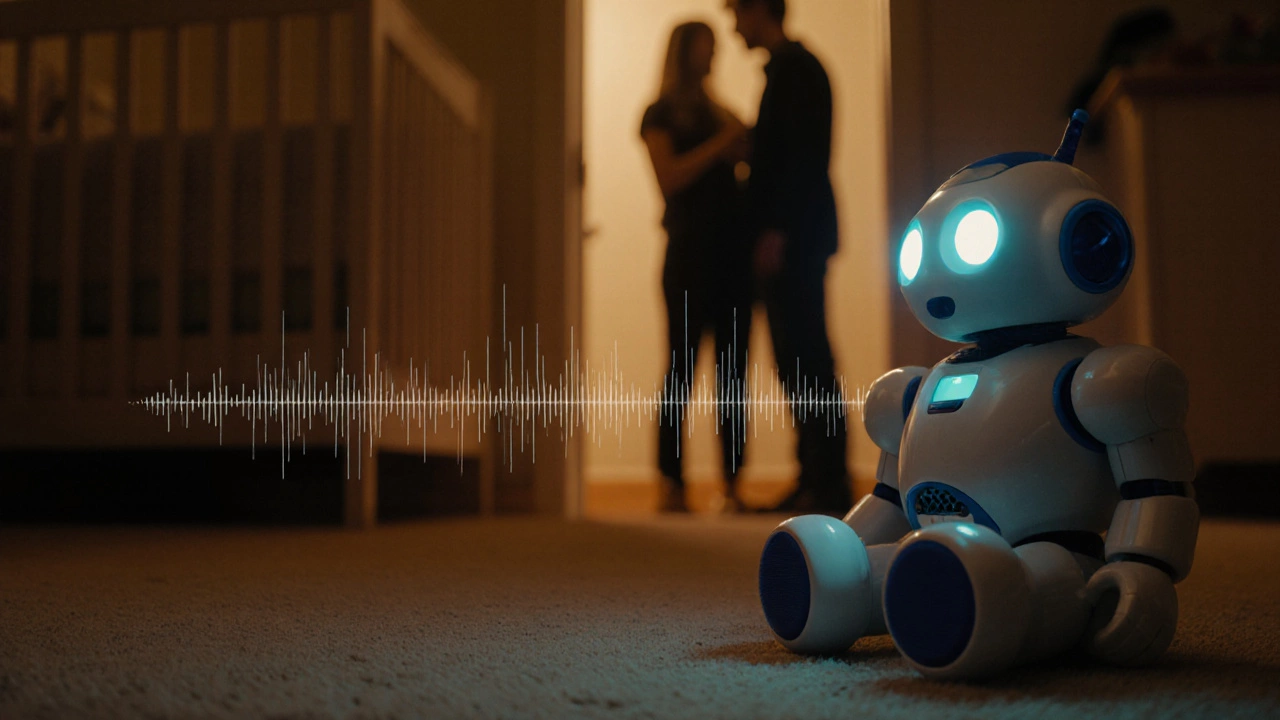
It’s not about the future-it’s about now
Black Mirror doesn’t predict the future. It extrapolates the present. The episode ‘Shut Up and Dance’ features hackers blackmailing people over private videos. It aired in 2016. In 2025, doxing and revenge porn are common enough to be headlines. The episode ‘San Junipero’ explores digital afterlives. In 2025, companies like Neuralink and Meta are already testing brain-computer interfaces. People are signing up to upload their consciousness. The line between fiction and feasibility is vanishing.
Black Mirror doesn’t need to imagine what’s next. It just needs to look at your search history, your subscription logs, your last five app reviews.
The silence is the loudest part
Think about the most unsettling moment in the show. Is it the scream? The blood? The robot? No. It’s the silence after.
In ‘White Christmas’, a man’s consciousness is copied and trapped in a digital version of a smart speaker. He’s aware. He can’t move. He can’t die. He’s stuck in a loop, forced to repeat the same phrase over and over. The horror isn’t in what he sees. It’s in what he can’t do. The silence screams louder than any scream.
That’s the real terror: being conscious, trapped, and powerless-and knowing no one is coming to save you because everyone else is too busy scrolling.
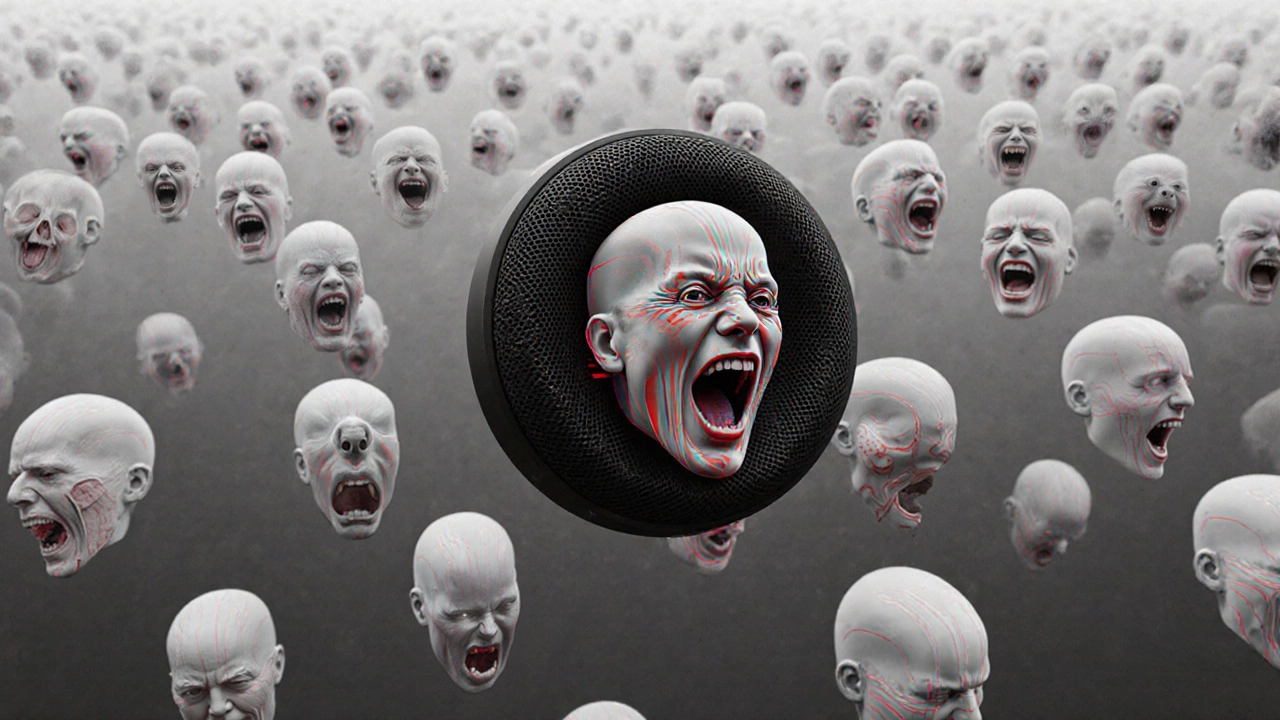
You’re not watching a show. You’re watching a warning.
Black Mirror isn’t about technology. It’s about human nature. We don’t hate machines. We hate what we become when we give them control. We trade privacy for convenience. We trade empathy for likes. We trade truth for validation.
The show doesn’t say technology is evil. It says we are. We choose to let it in. We choose to ignore the cost. We choose to keep clicking ‘Accept’ even when we know what we’re agreeing to.
That’s why it’s so disturbing. Because you’re not a viewer. You’re a participant.
What’s worse: the technology… or the fact that we keep using it?
Black Mirror leaves you with one question: if you saw your life in an episode, would you change it? Or would you just turn it off and go back to your phone?
Why does Black Mirror feel so real?
Because it’s not fiction-it’s extrapolation. Every episode takes a real technology or behavior-social media ratings, facial recognition, brain implants-and asks, ‘What if we took this to its worst possible conclusion?’ The show doesn’t invent new tech; it just shows what happens when we stop asking questions about the tech we already use.
Is Black Mirror anti-technology?
No. It’s anti-complacency. The show doesn’t blame smartphones or AI. It blames the choices we make when we use them. People in Black Mirror aren’t victims of tech-they’re victims of their own habits, desires, and willingness to trade control for comfort. The technology is just the tool.
Which episode is the most disturbing?
It depends on what scares you. ‘Shut Up and Dance’ is terrifying because it’s about ordinary people being blackmailed for minor mistakes. ‘White Christmas’ is haunting because it shows consciousness trapped in digital slavery. ‘Nosedive’ is chilling because it mirrors how we curate our online personas. But ‘The Entire History of You’ hits hardest for many-it’s not about a machine. It’s about how jealousy and distrust can destroy a relationship, even with perfect memory.
Why doesn’t anyone fight back in Black Mirror?
Because the system is designed to make resistance feel pointless. In ‘Nosedive’, trying to opt out means losing your job, your home, your friends. In ‘Hated in the Nation’, protesting just makes the algorithm more angry. The show suggests that when convenience, social approval, and fear are all tied to compliance, rebellion becomes lonely-and expensive. Most people don’t fight because they’ve already been conditioned to believe they have no choice.
Does Black Mirror have any hope?
Rarely. But the few moments of hope aren’t in technology. They’re in small human acts: a mother choosing to delete a memory to protect her child in ‘Be Right Back’. A stranger offering a quiet hug in ‘San Junipero’. A woman choosing to turn off her device and sit in silence. Hope in Black Mirror isn’t found in upgrades-it’s found in refusal.
Black Mirror doesn’t want you to stop using your phone. It wants you to ask why you’re using it. Who benefits? Who’s watching? And what part of yourself are you willing to trade to keep scrolling?

